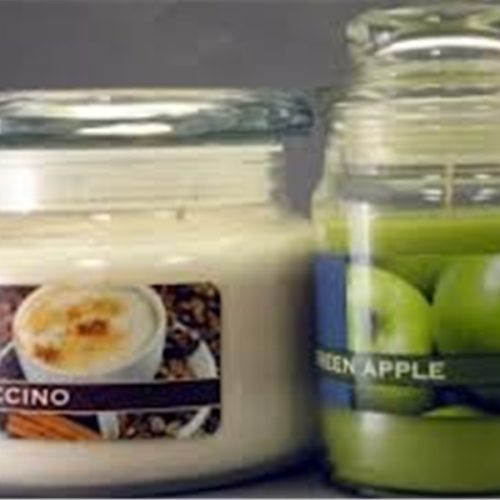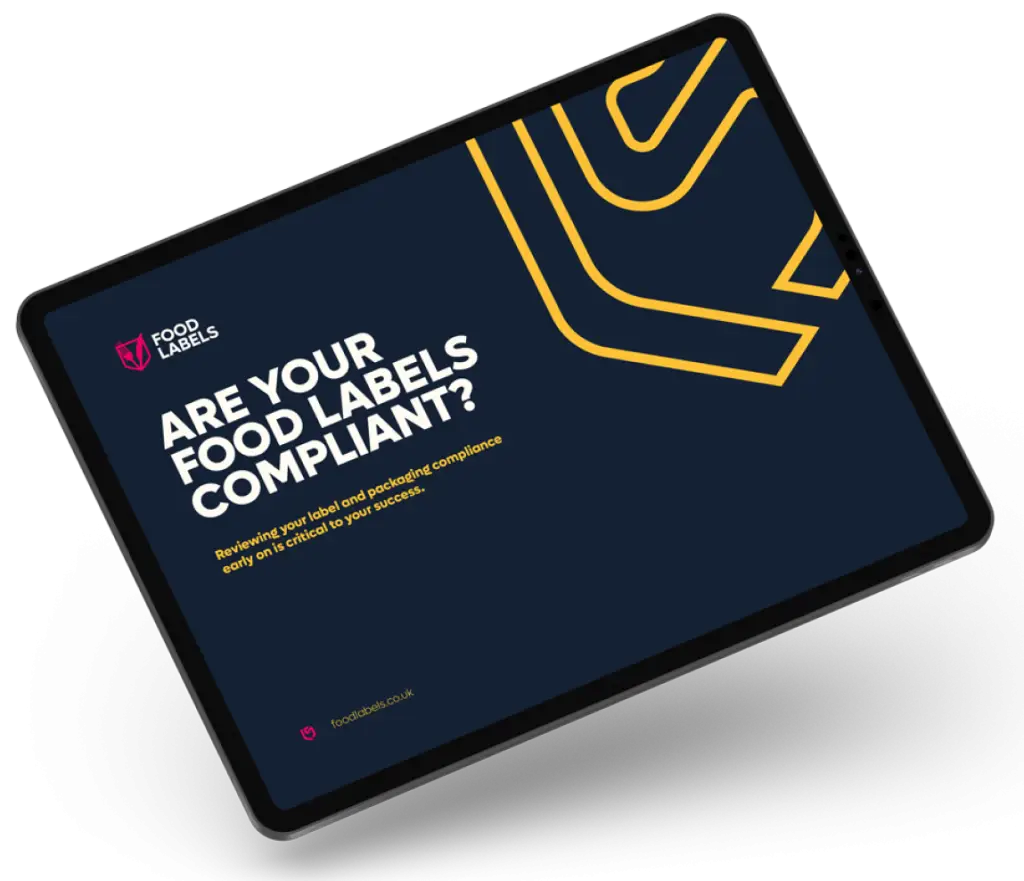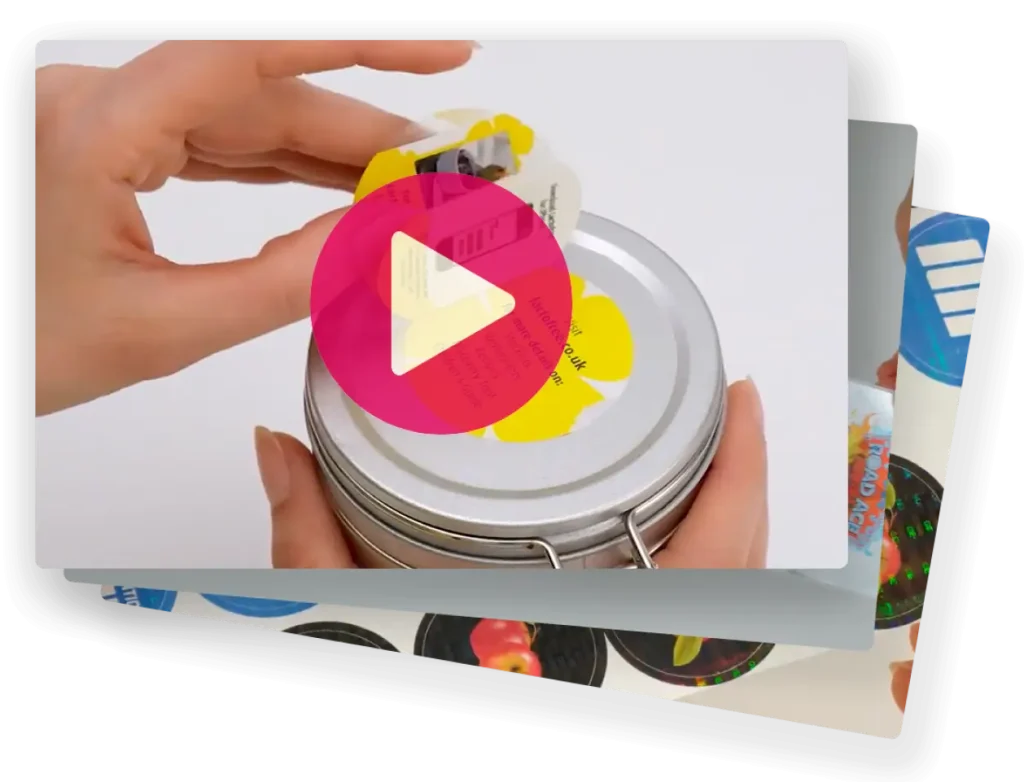EU Country of Origin Labels FAQs
An EU Country of Origin label indicates the country where a product was produced or processed. In the UK, this label helps consumers understand the source of their food and products, contributing to transparency in the supply chain.
The Country of Origin label provides consumers with information they need to make informed purchasing decisions based on preferences for local or ethically sourced goods, and it helps with maintaining food safety and quality standards.
Yes, in the UK, EU Country of Origin labels are legally required for certain products, which are: fresh fruits and vegetables, meat, fish, and dairy products. These Regulations make sure that consumers receive accurate information about where their food comes from and help with tracking and inventory.
The Country of Origin is determined based on the location where the product underwent its last major transformation or processing. For products that are imported, the label should reflect the country of origin where the raw materials were sourced.
If a product has ingredients sourced from multiple countries, the label may include all relevant countries of origin or specify “Produced in [Country], containing ingredients from [other Countries].” This help with transparency and informs consumers of the product’s composition while also making it simpler track items in a supply chain.
No, not all food products are required to have EU Country of Origin labels. While fresh produce and certain meat and dairy products must be labelled, processed foods may only need to indicate the country of origin if it is necessary for consumers to understand the product’s quality or safety.
Labelservice offers EU Country of Origin labels made from various materials depending on the application, including paper, vinyl, and synthetic films. We offer options that are water-resistant, tear-resistant, and suitable for different packaging types, retaining their durability and compliance with food safety standards.
Mislabelling a Country of Origin can lead to penalties for producers and retailers, including fines, product recalls, and damage to reputation. Regulatory authorities, such as Trading Standards, monitor compliance and take action against false claims.
Some products may have exemptions from EU Country of Origin labelling requirements, particularly if they are packaged in a way that makes it clear they are products of a specific country (products that are processed or manufactured mostly in the UK do not need separate country origin labels).
In post-Brexit UK, this regulation is overseen by the Food Standards Agency (FSA) and other relevant regulatory bodies. In the EU, Country of Origin labels are regulated by the European Commission and then enforced by member state authorities.



















